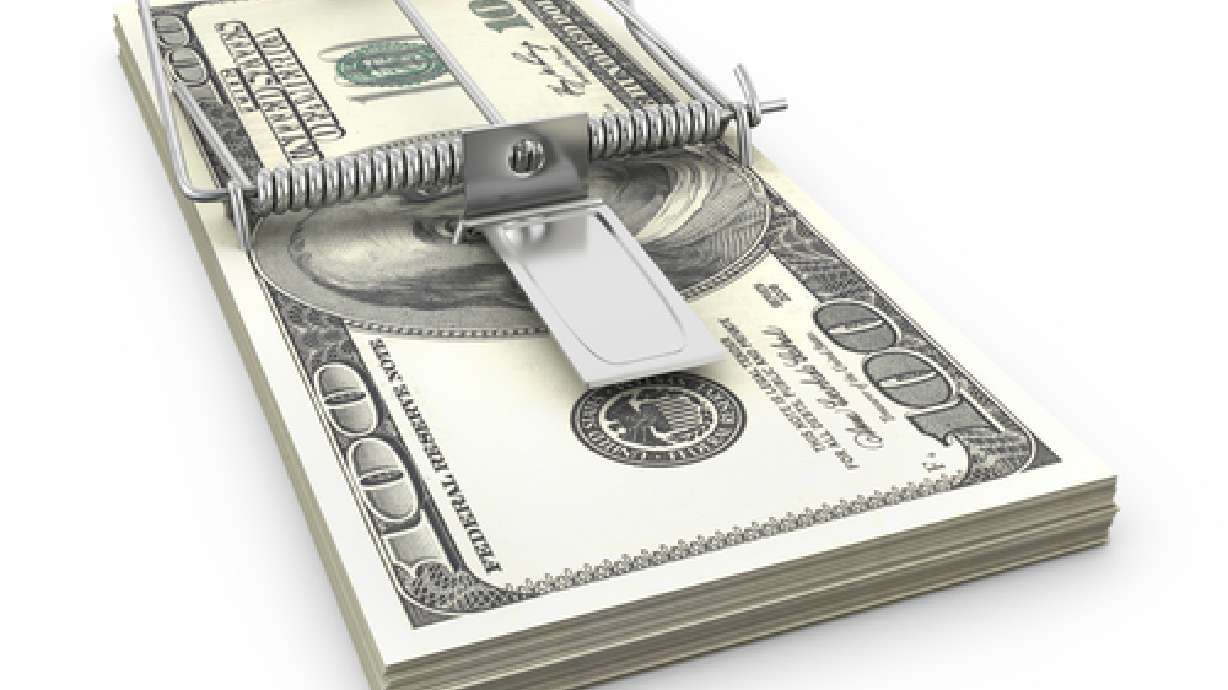Estimated read time: 2-3 minutes
This archived news story is available only for your personal, non-commercial use. Information in the story may be outdated or superseded by additional information. Reading or replaying the story in its archived form does not constitute a republication of the story.
SALT LAKE CITY — The Utah Division of Consumer Protection is warning people to properly vet charitable organizations before sending financial support in the wake of Hurricane Sandy.
The agency has learned from security organization Symantec that spam attacks with subject lines containing "hurricane sandy," "coast sandy," and "sandy superstorm" have begun flooding email inboxes since Oct. 29.
Additionally, online security experts are predicting that phishing scams and malware infested sites will look to profit from fake news reports, email links to dramatic video and photos from Sandy, as well as online jobs or financial opportunities that use the recent superstorm as a bait to draw consumers online.
"Consumers should remember that in the event of an emergency, a charity's first priority is to help victims, not solicit donations," said Francine Giani, executive director of the Utah Department of Commerce. "Don't let an unknown person or group pressure you into donating over the phone, through email or via a text on your smart phone before you have checked them out."
It just takes a few minutes to make sure your generous donation goes to those who have good intentions to help those in need, Giani added.
* * *
Tips for charitable donations
• Donate to charities with a track record and a history. Charities that spring up overnight may disappear just as quickly.
• If you have any doubt about whether you've made a pledge or contribution, check your records. If you can't remember making the donation or pledge, resist the pressure to give.
• Investigate an organization before donating. Some phony charities use names and logos that look or sound like those of respected, legitimate organizations.
• Do not send or give cash donations. For security and tax record purposes, it is best to pay by check made payable to the charity.
• Ask for a receipt showing the amount of your contribution.
• Be wary of promises of guaranteed sweepstakes winnings in exchange for a contribution. You never have to give a donation to be eligible to win a sweepstakes.
• Call the Utah Division of Consumer Protection at 801-530-6601 to see whether the charity or fundraising organization is registered in Utah or visit www.consumerprotection.utah.gov.
Source: Utah Division of Consumer Protection
Email:jlee@ksl.com








